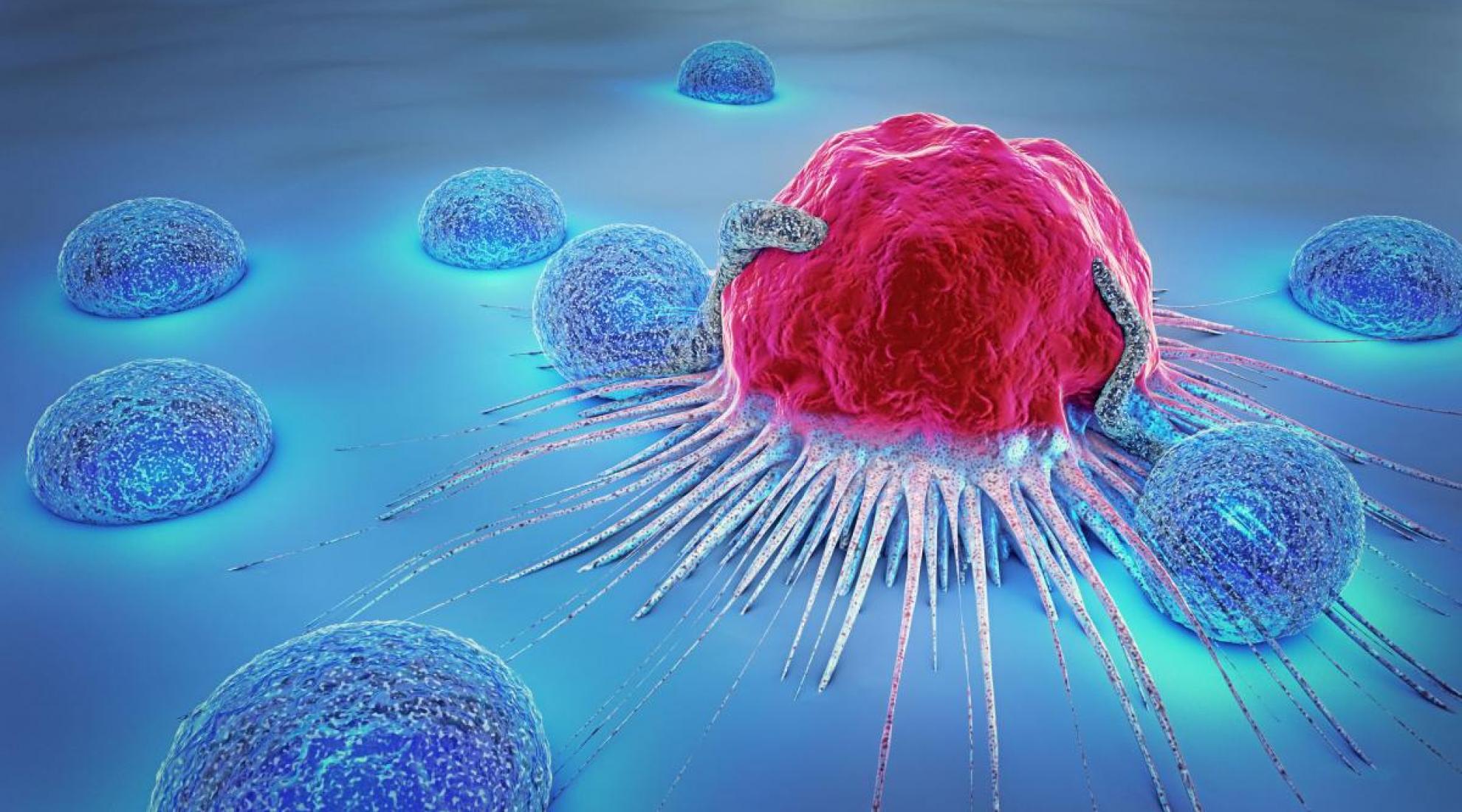New cancer therapies through better prediction of prostate cancer progression

Cancer is the second most common cause of death in Switzerland and according to the Swiss Federal Statistical Office around 17,000 people die of it every year. Researchers in Bellinzona have developed a new method of accurately tracking the progression of prostate cancer thanks to observations of specific mutations in cancer cells.
The researchers at the Institute of Oncology Research analysed raw data from 1,200 prostate cancer patients at various stages of disease progression, in order to generate a gene expression atlas. This atlas allowed the researchers to discover that tumour progression in prostate cancer follows a uniform trajectory characterised by increasing levels of specific proteins over time.
Detailed understanding of cancer progression
According to the researchers, such a roadmap of cancer progression can open up opportunities for new therapeutic interventions. It should make it possible to anticipate which biological mechanisms are activated by cancer cells to adapt to pharmacological interventions that inhibit the androgen receptor – the key therapeutic target in this disease.
Although the clinical course of prostate cancer is highly variable, having a detailed understanding of its progression roadmap allows for the development of new therapeutic interventions.
New therapeutic approaches
Having a clear picture and understanding of the mutations in a cancer cell and how they correlate with the general progression of the cancer through the gene expression atlas creates the basis for developing therapeutic approaches aimed at anticipating the course of the disease. The first promising therapeutic approaches targeting androgen receptor activation and EZH2 gene are already in clinical development and showing initial positive results.
A web-based tool is key to disseminating the newly developed atlas for the early detection of the various stages of prostate cancer. The platform will allow researchers all over the world to apply the results of patient tissue samples obtained in the laboratory to the correct clinical setting.




